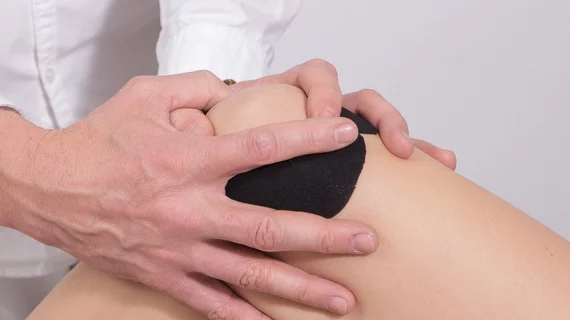Clinicians aren’t following ACR guidelines when referring for knee MRIs
Primary care clinicians are not adhering to American College of Radiology (ACR) Appropriateness Criteria when referring nontraumatic knee patients for MRI, according to a new study published in the Journal of the American College of Radiology.
In the study, researchers looked at 196 consecutive MRIs for nontraumatic knee pain ordered from primary care clinicians at Grady Healthcare System in Atlanta, Georgia, over an 18-month period.
The team retrospectively calculated ACR Appropriateness Criteria (AC) scores based on medical records. Despite established guidelines, previous studies have found less than three percent of physicians use the ACR criteria as a first or second resource when ordering imaging, wrote first author Felix M. Gonzalez, MD, with Emory University School of Medicine in Atlanta, Georgia, and colleagues.
“Unfortunately, the recommendations outlined in the ACR Appropriateness Criteria have not been widely accepted by many providers,” the authors wrote. “Given the poor understanding of radiologic guidelines and the increased availability of advanced imaging modalities, it is not surprising that the utilization of cross-sectional imaging and its associated costs have increased over the last 15 years.”
Overall, 108 knees (57 percent) had “usually appropriate” AC scores, and eighty knees (43 percent) had “usually not appropriate” scores. Additionally, clinical management was changed in 26 percent of “usually appropriate” cases and in 20 percent of “usually not appropriate” cases.
“The hypotheses that the majority percentage of MRIs ordered for nontraumatic knee pain were incongruent with ACR Appropriateness Criteria and that a substantial percentage of both ACR criteria appropriate and inappropriate knee MRIs for nontraumatic knee pain did not change clinical management were both found true,” the authors wrote.
The 2018 CMS mandated use of clinical decision-support (CDS) software can improve physician’s adherence to ACR guidelines, Gonzalez and colleagues wrote. Improving education on these guidelines for physicians can also help instill better adherence, they added.

